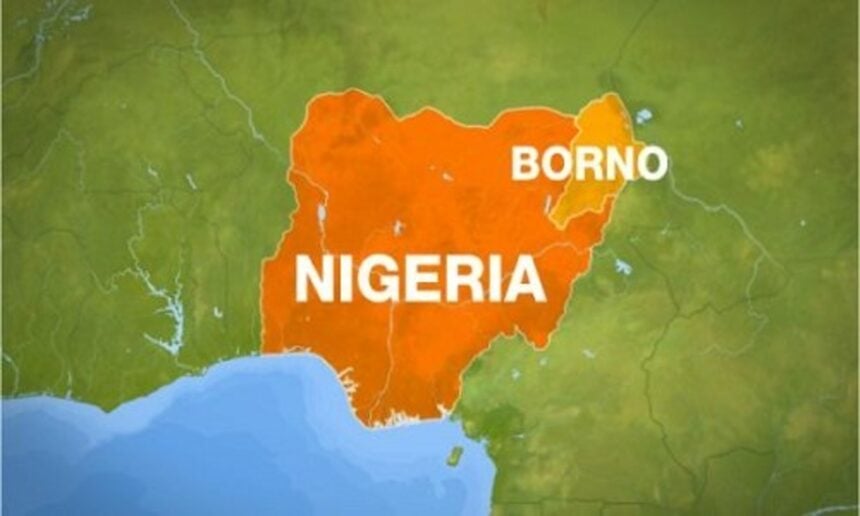Nine months after Alau Dam disaster, which led to severe flooding in Maiduguri and Jere Local Government Areas of Borno, thousands of residents and business owners are still struggling to recover from the devastating impact.
The flood, which occurred 287 days ago, displaced over 400,000 persons and affected more than one million people. It destroyed homes, submerged farmlands, and disrupted economic activities across several communities already dealing with the consequences of prolonged Boko Haram insurgency.
ALSO READ: Mokwa flood: Group calls for coordinated response, commends FG, Niger gov
Speaking at a town hall meeting held in Maiduguri on Tuesday, the National Director of SOS Children’s Villages Nigeria, Mr Eghosa Erhumwunse, described the Alau Dam disaster as still visible in many parts of the state.
According to him, “The flood, which was triggered by the collapse of the Alau Dam, devastated entire communities. Homes were destroyed, families were uprooted, and access to essential services became extremely difficult,” he said.
Mr Erhumwunse noted that the town hall meeting, organised by SOS Children’s Villages Nigeria, was aimed at encouraging inclusive dialogue and strengthening a community-led recovery process, especially for children and families affected by climate-related emergencies.
He identified Gaidamgari in Jere LGA as one of the worst-hit communities, where the damage to infrastructure and livelihoods has been most severe.
In response to the disaster, the organisation expanded its humanitarian operations in Borno State, providing emergency relief items to displaced families, psychosocial support for children dealing with trauma, and cash assistance to improve food security.
“We also distributed educational kits and established temporary learning spaces to ensure continuity of learning for children in affected areas,” he added.
As part of its long-term recovery strategy, SOS Children’s Villages Nigeria introduced livelihood support initiatives targeting youth and caregivers. Beneficiaries received vocational start-up kits and direct financial grants to rebuild small businesses and restore income sources.
The town hall also served as a platform to assess the effectiveness of ongoing interventions, identify persisting challenges, and develop locally-driven solutions for sustainable recovery.
The event brought together community leaders, representatives of women and youth groups, government officials, and development partners.
Mr Erhumwunse emphasised that the initiative is part of the organisation’s broader commitment to restoring dignity, rebuilding family structures, and fostering resilience among vulnerable communities.
“With the increasing frequency of climate-related disasters, there is an urgent need to invest in disaster preparedness, promote youth-led resilience efforts, and strengthen collaboration among stakeholders,” he said.
He called on government at all levels, civil society organisations, the media, and the private sector to prioritise the welfare of children and families in ongoing recovery efforts across the state.
WATCH TOP VIDEOS FROM NIGERIAN TRIBUNE TV
- Relationship Hangout: Public vs Private Proposals – Which Truly Wins in Love?
- “No” Is a Complete Sentence: Why You Should Stop Feeling Guilty
- Relationship Hangout: Friendship Talk 2025 – How to Be a Good Friend & Big Questions on Friendship
- Police Overpower Armed Robbers in Ibadan After Fierce Struggle






